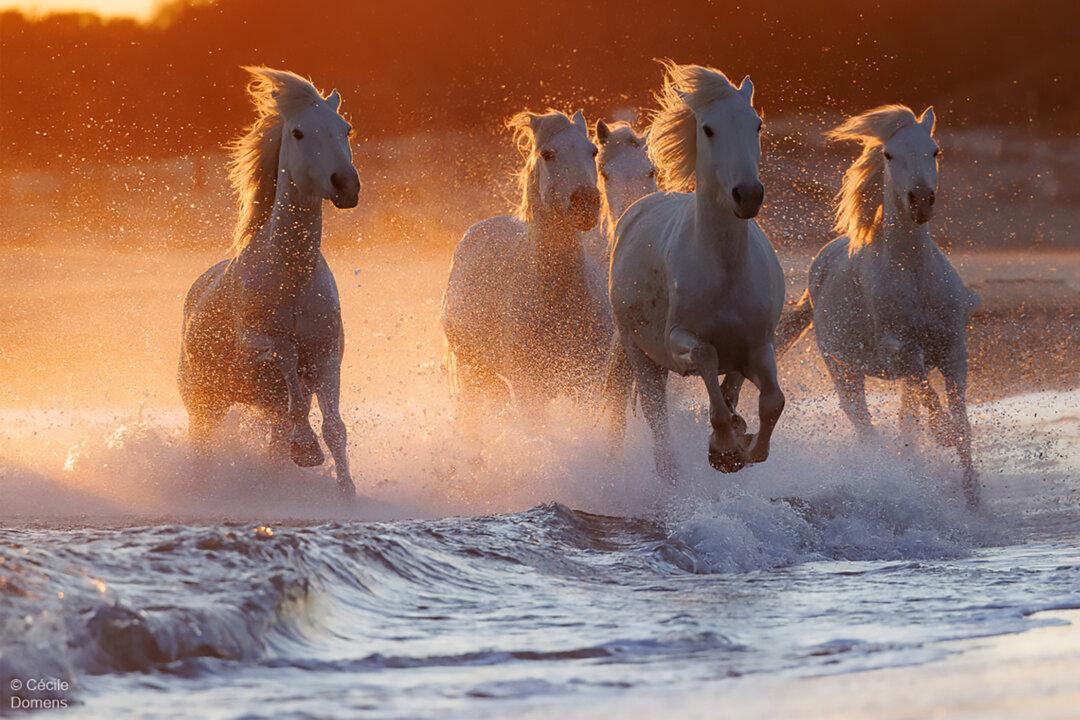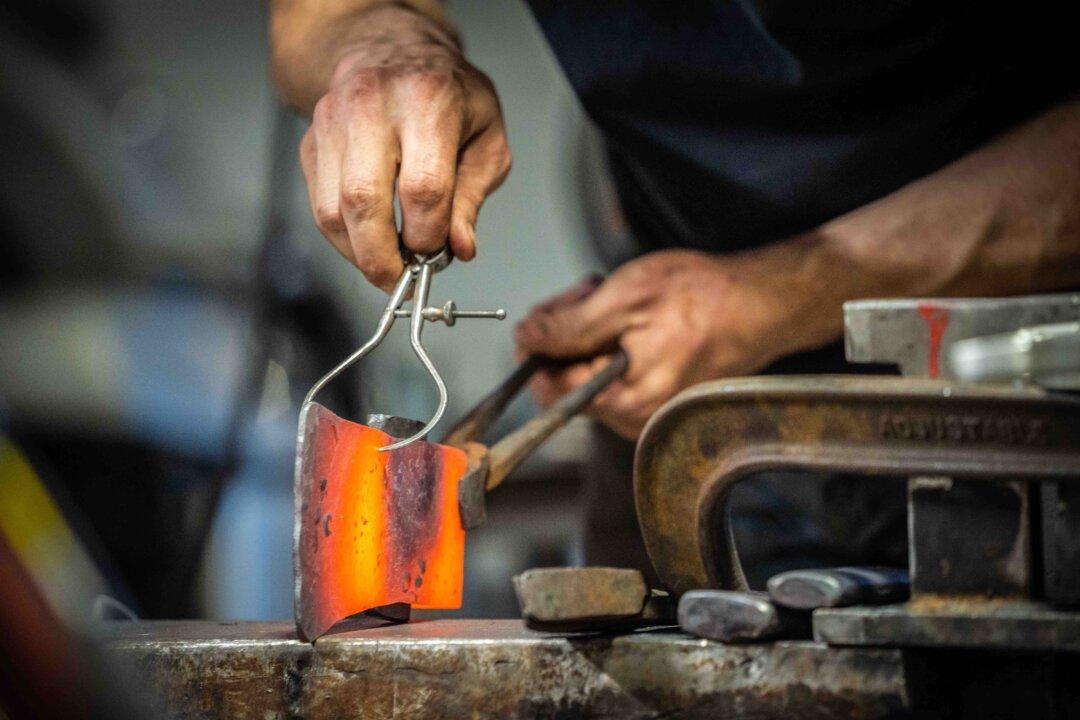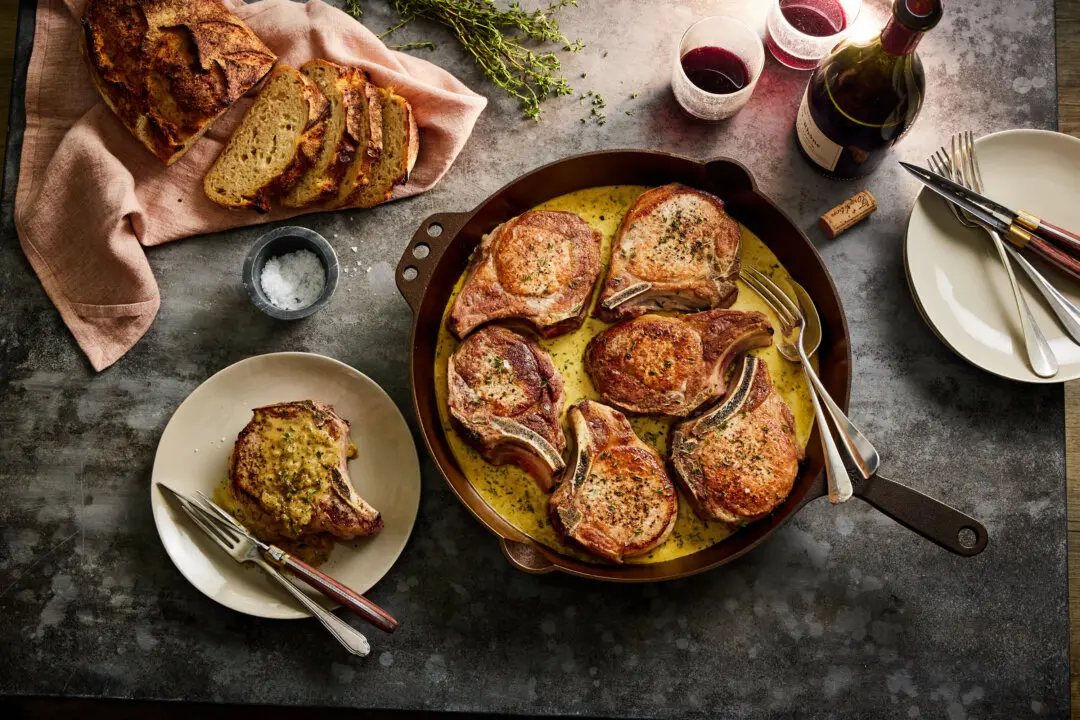Disclaimer: This article was published in 2023. Some information may no longer be current.
Cécile Domens takes incredible photos of horses living in the wild. The French photographer’s magical shots highlight the unique beauty and character of the Camargue breed, also known as “the Horse of the Sea,” roaming freely in the Camargue region of Southern France.






